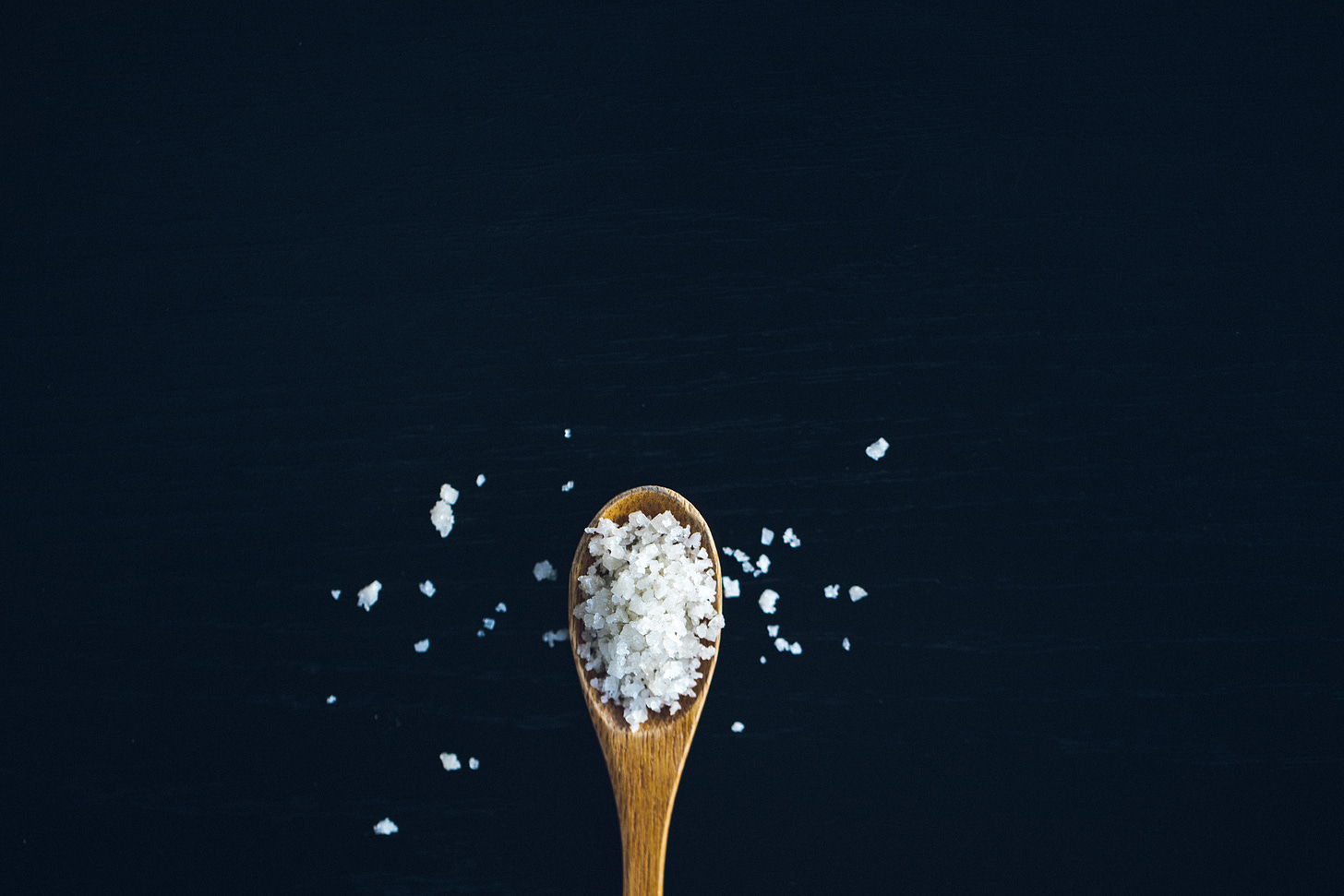Photo by Jason Tuinstra on Unsplash
Earlier this month I had the privilege of visiting the Yucatán Peninsula in Mexico. The Maya people who established great networks of limestone cities throughout the tropical jungle still live there today—9 million or more speaking Mayan, don’t let Euro-centric histories deceive you. (Spoiler alert: Chichen Itza wasn’t built by aliens.)
The site of the asteroid impact that caused the extinction of over two-thirds of life on Earth, the peninsula is believed by locals to be “where all life started.” Touring the Ria Lagartos bio-reserve by boat (over 400 species of bird have been recorded there), we passed a salt factory established long before the conquistadors misnamed the place “rio,” meaning river. The area is in fact a lagoon. “Salt was more valuable than gold,” our guide told us. Thousands of years ago, shallow sea-water evaporation pools secured influence and resources for the region.
In that uncanny way the universe tends to make my musings literal, I had been thinking about salt all summer as a metaphor for the under-appreciated but essential inputs that make my creative life vibrant—the people, places, and practices necessary for my writing to thrive.
Salt, I saw, was something I had to source for myself, like every writer—as Ada Limon reflects here, “We can sometimes give ourselves the things we’re waiting for from others.”
I think of Cheryl Strayed giving herself permission to binge write in hotels: “Once my kids were around two, I said to my husband, ‘I’m going to go check into a hotel down the street for two nights. I’m going to be gone for 48 hours. Don’t call me unless somebody stops breathing. I’m going to work.’ And I would get more work done in those 48 hours than I got done in four weeks at home.”
And I think of Donald Hall in Life Work: “The best day depends partly on other people. Jane’s presence, in her study working on her own poems, enables me to concentrate on my own.”
For me, salt is pretty simple: It’s people—writing in community, for community. It’s creating vibrant spaces for the practice of poetry with students and peers. It’s writing, period.
After Ria Lagartos, I thought about gold, too. Our bodies can’t live without salt. Even moderately low sodium levels make you feel like shit—headaches, fatigue, irritability, weakness. But have you ever suffered from low gold levels? Yet our culture values gold—the currency, the status-boosting things and accomplishments that keep us wanting, wanting, wanting, running toward the next place we might find “it” and never do.
In the writing life, gold is everything that distracts and drains us—looking for conventional prestige, accolades, praise. I’ve wanted those things and sometimes gotten them. They weren’t nearly as nourishing and sustaining as I expected them to be.
When salt is present, I taste it. It’s visceral. It is more valuable that gold.
What’s your salt?






THIS!!!!!! This, as I am sitting down this morning trying to find my salt. A writer who doesn't write but instead feels the pressure, the angst, the depression that I am missing it all. That once upon a time I had the energy and drive (yes, really, this was my attempting to go for the gold) but now, without that, I don't have anything (it seems). I sit down to write in an empty house (my husband is on a 10 day trip) and I think I will find my flow but instead I am checking my email and sending encouraging emails to other writer friends. Then, I read this, and write this comment, and at least remember I am not alone. This is a common struggle for many of us. I even wrote a book about all these struggles (that sits in a file...) but can't seem to do this for myself.
You write, "I had been thinking about salt all summer as a metaphor for the under-appreciated but essential inputs that make my creative life vibrant—the people, places, and practices necessary for my writing to thrive." I am going to borrow this for the rest of this summer that went way to fast.
I don't know what my salt is other than quiet. And, though I wish it weren't so, since I live in the quiet cabin in the woods, I think I need to go somewhere else to write. And, I think I really need a coach to sit (metaphorically) with me.
As you quote Limon, "We can sometimes give ourselves the things we’re waiting for from others” this is my eternal life lesson. If I could REALLY do this not just surface level do this. This is the lesson of my life and I'm still struggling to even feel that I am practicing it although I've known it for years.
SO, thank you for your words this morning. Maybe I will go put some salt on my tongue and see what happens.
LOVE this meditation, Radha! I needed to hear this. Salt for me may be new natural settings I learn the names and looks of--plants, animals, birds. Last night I dreamed of a horse we owned, though in my dreams, it's often unclear who "we" is, and who'd been shut in the stable because of weather and we'd forgotten him: we hadn't fed or replenished his water for days! The dream made me so anxious, I woke up. I saw his large gentle nose close to my face in the dream and loved him...but still, I forget him. So my question today after reading your "Salt" is what horse am I neglecting, what animal, what love?